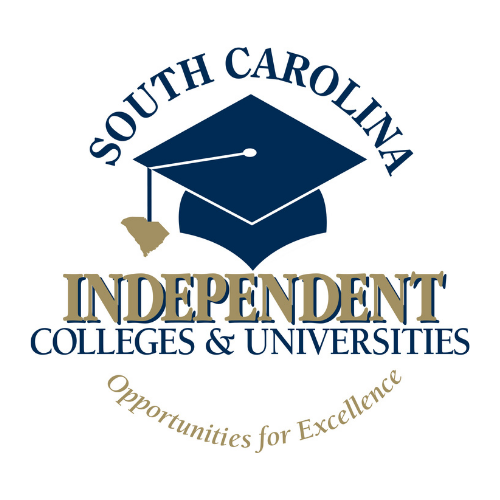COLUMBIA, S.C. (courtesy benedict.edu) — A group of presidents of diverse higher education institutions from across the country, including Dr. Roslyn Clark Artis, president and CEO of Benedict College, have joined together to champion free expression on their campuses at a crucial moment for American democracy. “We are committed to developing critical thinkers who will question, challenge, engage, and serve their communities in a meaningful and equitable way,” said Dr. Artis.
Launching coordinated yet individual campuses activities at the start of the new academic year, the Campus Call for Free Expression is an unprecedented joint effort, convened by the Institute for Citizens & Scholars, to advance the principles of critical inquiry and civil discourse that are essential to prepare young people to be the empowered citizens our country needs. Campus activities will include presidential speeches, free expression trainings, outside speakers, courses, and new artistic endeavors.
The participating Campus Call presidents lead diverse campuses: Roslyn Clark Artis, Benedict College; Hiram Chodosh, Claremont McKenna College; Martha Pollack, Cornell University; Lori White, DePauw University; Vincent Price, Duke University; Jonathan Alger, James Madison University; Grant Cornwell, Rollins College; Jonathan Holloway, Rutgers University; John Jenkins, University of Notre Dame; Joan Gabel, University of Pittsburgh; Kevin Hallock, University of Richmond; Paula Johnson, Wellesley College; and Michael Roth, Wesleyan University.
The Campus Call is a project of College Presidents for Civic Preparedness, a new initiative convened by The Institute for Citizens & Scholars to facilitate shared learning and greater impact through partnership toward the goal of developing college students who are ready to be empowered citizens.
“Higher education plays a crucial role in preparing our young people to thrive and develop the skills necessary to become empowered citizens and leaders of the future,” said Rajiv Vinnakota, president of the Institute for Citizens & Scholars. “This diverse coalition of college presidents – from institutions large and small, private and public – is united in its commitment to ensuring students are civically well-informed, productively engaged, and committed to democracy.”
Colleges and universities are among the few places in America where people from remarkably different backgrounds, cultures, and ideologies come together to wrestle with the complexity of what it means to be a democratic community. Many college students are encountering diversity for the first time on a tangible, personal, daily basis. They have a critical opportunity to develop the skills, habits, practices and norms needed to live in a multicultural and interconnected democracy.
The Campus Call welcomes different viewpoints, seeking only to uphold and advance free expression principles that foster intellectually vibrant students who can challenge existing beliefs and assumptions, gain empathy for those with differing values and views, reach informed decisions based on reasoned analysis, and contribute meaningfully to their communities.
In contrast to a few campus incidents that have captured media attention, the Campus Call will elevate examples of how higher education is successfully navigating the challenges of free expression and modeling that constructive dialogue is not only possible but paramount to the development of civic preparedness.
Examples of planned Campus Call activities include:
- Benedict College plans a yearlong campaign on free expression and inquiry (“#perspective) that will include key messages, campus programming, and T-shirts, beginning during freshman orientation.
- Throughout the academic year, Cornell University students, faculty, and staff will come together and engage with topics of free expression and academic freedom through scholarly and creative events and activities, including debates among invited speakers who model civil discourse and exhibitions and performances.
- Presidents at DePauw University and Rollins College, among others, will focus their annual convocation remarks on the theme of free expression.
- Duke University is hosting a summer seminar for faculty, including potential course content and best practices for effectively promoting civic discussion over sensitive topics in the classroom, and its First Amendment Clinic provides law students the opportunity to work directly with clients facing free expression concerns.
- James Madison University is partnering with the Bipartisan Policy Center to hold a free expression training for every incoming first year and transfer student.
- Rutgers University’s president will teach a course on citizenship, including free expression, through the lens of public institutions.
- Wesleyan University’s Democracy in Action program will integrate discussions of free expression into new student orientation.
The Campus Call website provides additional information, including a complete list of all planned activities, individual campus links where relevant, free speech principles, and free speech resources.
The overall Campus Call initiative is funded by a grant to Citizen & Scholars from the John S. and James L. Knight Foundation, with individual campuses providing support for their own related projects.

